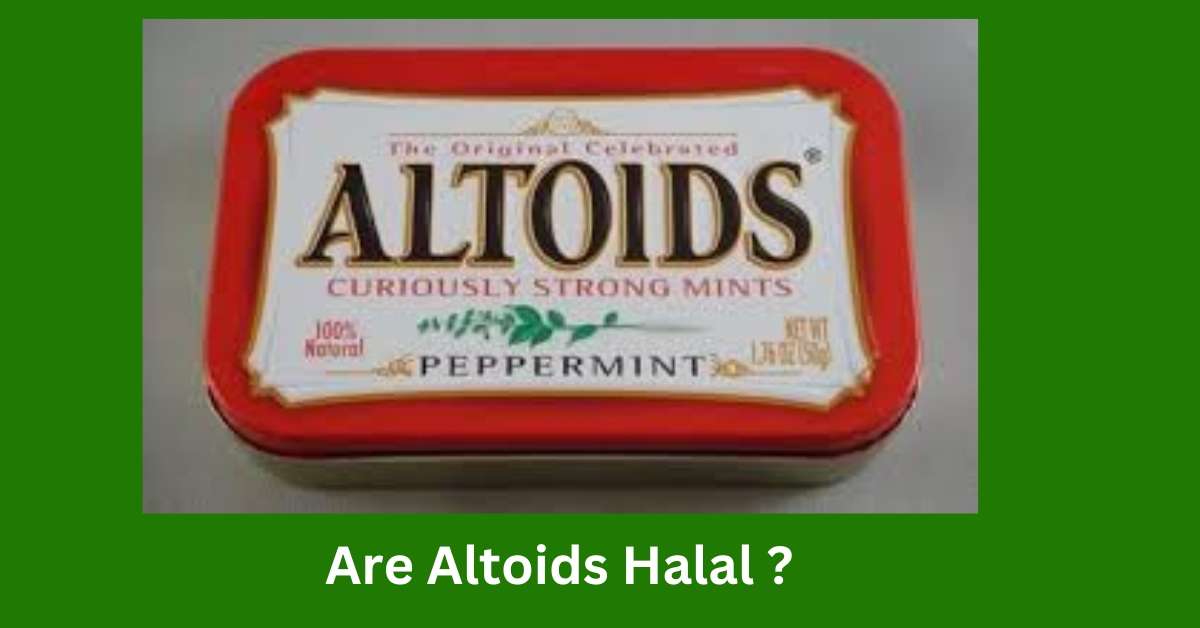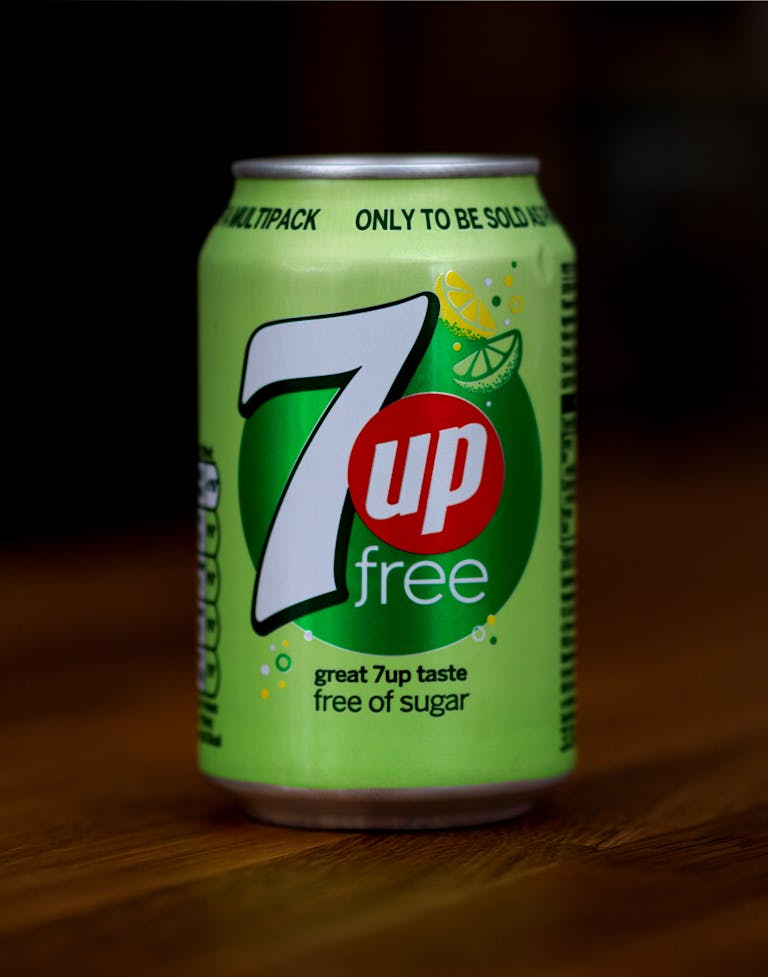Are Altoids Halal for Muslims?
Altoids, the well-known brand of breath mints, have been a popular choice for freshening breath since the 18th century. Many people are seeking the answer to the question, Are Altoids Halal or Not?
However, for individuals who follow a halal diet, ensuring that any food or confectionery adheres to Islamic dietary laws is crucial. So, Are Altoids Halal or Not?
ANSWER: SOME FLAVORS OF ALTOIDS ARE HALAL, WHICH DON’T CONTAIN HARAM INGREDIENTS.
Ingredients in Altoids

Altoids are available in several flavors, including peppermint, cinnamon, wintergreen, and spearmint. The ingredient list varies slightly between flavors, but common ingredients include:
- Sugar: Typically derived from sugar cane or beets, which are halal.
- Gum Arabic: A natural gum made from the sap of acacia trees, considered halal.
- Natural and Artificial Flavors: These can be tricky as they may sometimes contain alcohol or animal-derived products.
- Gelatin: Used in Altoids Gum (not mints), this ingredient is often derived from pork or non-halal sources.
- Stearic Acid: Can be derived from animal fats (including pork) or plant sources.
What ingredients in Altoids might be haram?
Potentially haram ingredients in Altoids include:
- Natural and Artificial Flavors: These might contain alcohol or animal-derived products.
- Stearic Acid: This can be derived from animal fats, including non-halal sources like pork.
- Gelatin (in Altoids Gum): Often derived from pork or non-halal sources.
Halal Certification and Concerns

Altoid mints themselves do not carry a halal certification. This lack of certification can be problematic for those strictly adhering to halal dietary laws because:
- Natural and Artificial Flavours: It’s challenging to confirm their halal status without knowing the exact sources of these flavors.
- Stearic Acid: Unless specified as plant-derived, this ingredient could be from non-halal animal sources.
Specific Flavours and Considerations
- Peppermint and Wintergreen: Generally considered safer due to simpler ingredient lists. However, the source of natural flavors remains ambiguous.
- Cinnamon and Spearmint: Are similar in terms of ingredients to peppermint and wintergreen, and there are the same concerns about flavor sources.
- Altoids Gum: Contains gelatin, which is often non-halal unless explicitly stated otherwise.
Are Altoids Halal for Muslims to Eat?
Altoids may not be halal due to ingredients like gelatin, which is typically derived from non-halal sources, including pork. Some flavors like peppermint and wintergreen do not contain gelatin, but they are not halal-certified, creating uncertainty.
Altoids gum clearly contains gelatin, making it haram. For Muslims, it is advised to avoid Altoids unless the source of the ingredients can be confirmed, or choose halal-certified alternatives.
Conclusion
While Altoids mints are a popular choice for breath freshening, their halal status is ambiguous due to unspecified sources of certain ingredients.
Without a halal certification, it is difficult to confirm whether Altoids fully comply with halal dietary laws.
Muslims seeking to adhere strictly to halal food guidelines might opt for brands with clear halal certification or seek more detailed ingredient information from the manufacturer.
Frequently Asked Questions
Are there any halal-certified alternatives to Altoids?
Yes, there are halal-certified alternatives to Altoids, such as mints from brands like Zamzam and Tayyib. These brands ensure that all ingredients comply with halal dietary laws.
Is stearic acid always non-halal?
Stearic acid is not always non-halal. It can be derived from plant sources, which are halal, or from animal fats, which may be non-halal if not from a halal source. Without specific information about the source, it's hard to determine its halal status.
Why is the gelatin in altoid gum considered haram?
Gelatin in altoid gum is considered haram if it is derived from non-halal sources, such as pork or animals not slaughtered according to Islamic rites. Halal gelatin must come from permissible animals and be processed in a halal manner.
Are Altoids kosher?
Altoids mints do not carry a kosher certification. This lack of certification means that their compliance with kosher dietary laws cannot be guaranteed without detailed information about their ingredients and production processes.
Are there kosher-certified alternatives to Altoids?
Yes, there are kosher-certified breath mint alternatives available. Look for products that carry certification from recognized kosher certifying agencies, such as the Orthodox Union (OU), Kof-K, Star-K, or OK Kosher Certification.






